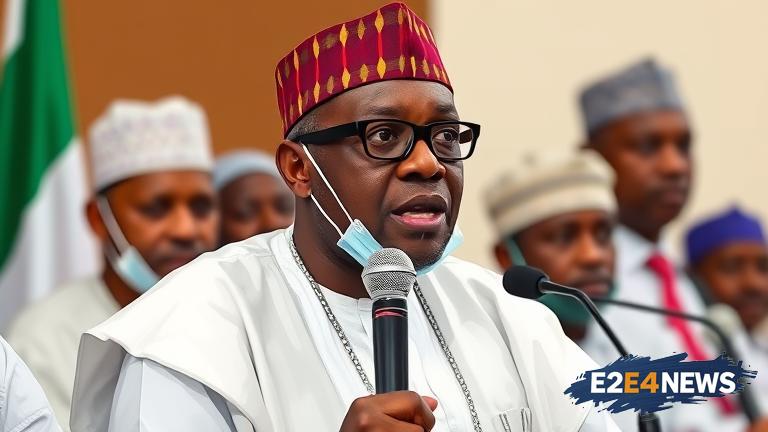A recent report has emerged from Nigeria, specifically from Kebbi State, where a group has come forward alleging the misuse of the judicial system against opposition members. The group, which remains unnamed, claims that the courts are being used as a tool to harass, intimidate, and silence opposition voices in the state. This allegation has sparked widespread concern among human rights activists and supporters of democracy in Nigeria. The use of courts to stifle opposition is a serious issue that undermines the principles of democracy and the rule of law. In a democratic society, the judiciary is expected to be independent and impartial, ensuring that all citizens, regardless of their political affiliations, are treated fairly and justly. However, the allegations in Kebbi State suggest a different reality, where the legal system may be manipulated for political gain. The group alleges that opposition members are being unfairly targeted with lawsuits and criminal charges, aimed at discrediting them and limiting their ability to participate in the political process. This tactic, if true, would not only violate the rights of the opposition members but also erode trust in the judicial system. The people of Kebbi State and Nigeria as a whole deserve a fair and just system, where political differences are resolved through democratic means, not through the manipulation of the courts. The international community also watches with keen interest, as the democratic integrity of Nigeria is crucial for regional stability and the advancement of democratic values in Africa. The Nigerian government and judicial authorities must take these allegations seriously and investigate them thoroughly to ensure that the rule of law is upheld and that democracy is protected. Transparency and accountability are key in addressing these concerns and in reassuring the public that the judiciary remains a bastion of fairness and justice. Furthermore, the opposition in Kebbi State and across Nigeria must be allowed to operate freely, without fear of judicial harassment. This includes the ability to express their views, assemble peacefully, and participate in elections without intimidation. The health of democracy in Nigeria depends on the vibrant participation of all political actors, including the opposition, which plays a crucial role in holding the government accountable and providing alternative policies and leadership. In the face of these allegations, it is essential for all stakeholders, including civil society, the media, and the international community, to support the principles of democracy and human rights in Nigeria. This support can take many forms, from advocating for judicial reform to providing legal assistance to those unfairly targeted. The situation in Kebbi State is a reminder that democracy is not just about holding elections, but also about ensuring that all institutions, including the judiciary, serve the public interest and protect human rights. As Nigeria continues on its democratic journey, addressing issues like judicial harassment will be critical to strengthening its democratic foundations. The country has made significant progress in consolidating its democracy since the return to civilian rule, but challenges like the one posed by these allegations must be confronted head-on. In conclusion, the allegations of using courts against the opposition in Kebbi State, Nigeria, are serious and warrant immediate attention. They highlight the need for continued vigilance in protecting democratic rights and the rule of law, not just in Nigeria, but across the globe. Democracy and human rights are fundamental to a just and peaceful society, and their protection is a collective responsibility that requires the active engagement of all citizens and the support of the international community.





